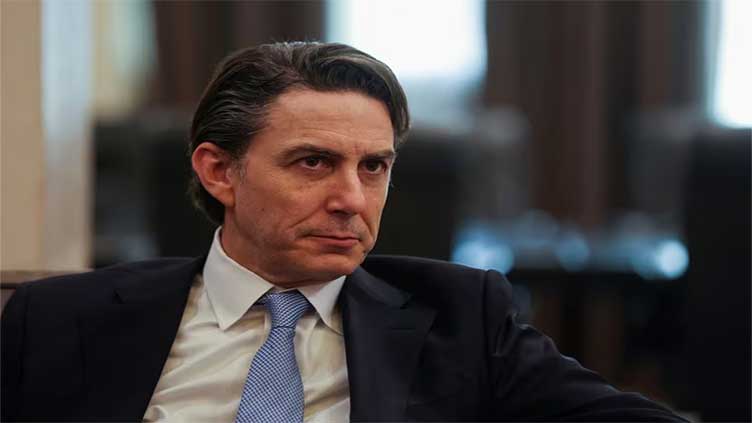US still wants to see Saudi-Israel normalisation, energy envoy says

World
Saudi Arabia put US-backed plans to normalise ties with Israel on ice nearly two months ago
DUBAI (Reuters) – US energy envoy Amos Hochstein said on Thursday he did not think hope should be lost with regards to normalisation of relations between Saudi Arabia and Israel and it remains a goal for his country despite the ongoing war in Gaza.
Saudi Arabia put US-backed plans to normalise ties with Israel on ice, sources familiar with Riyadh's thinking told Reuters nearly two months ago, as the war between Palestinian group Hamas and Israeli forces escalated.
Israel unleashed its military campaign in response to a surprise Oct. 7 incursion by Hamas fighters who rampaged through its towns, killing 1,200 people and seizing 240 hostages, according to Israel's tally.
The country has focused its retaliation against Hamas in Gaza, bombarding it from the air, imposing a siege and launching a ground assault. Gaza's Health Ministry says that so far more than 16,000 people have been killed in the enclave of 2.3 million.
Until Oct. 7, both Israeli and Saudi leaders had been saying they were moving steadily towards a deal that could have reshaped the Middle East.
"I think that not every road is a straight road and sometimes it goes in different directions first. But the goal is still the same," Hochstein said speaking on the sidelines of an industry event in the United Arab Emirates.
"And we remain as committed to that goal of regional integration, and it's not just about Saudi Arabia and Israel, it has to be much broader than that."
"I don't think we are changing directions, I don't think this conflict should do that. In fact this conflict should be a doubling down on reminding us that if we don't go towards regional integration, peace and security - this is the alternative," he added.
The United States and ally Israel oppose a ceasefire in Gaza because they believe it would only benefit Hamas. Washington instead supports pauses to protect civilians and allow for the release of hostages taken by Hamas in the Oct. 7 attack.


